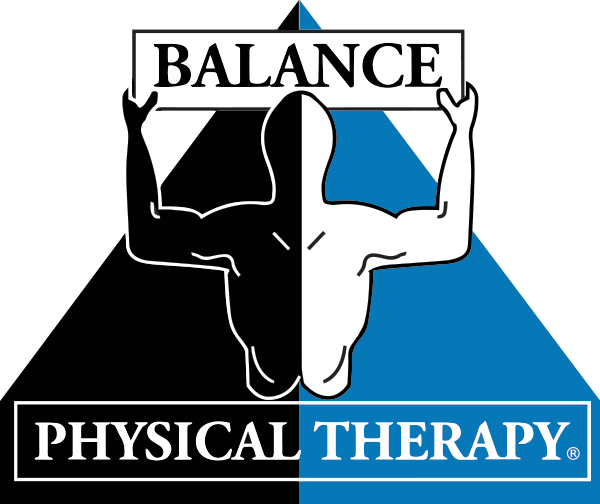The Crucial Effect of Strength Exercise on Enhancing Recovery and Effectiveness in Sports Recovery
Wiki Article
Strength conditioning holds a vital role in sports recovery, assisting athletes recover from injuries and improve their general capabilities. When an athlete gets injured, their body needs period to recover. However, during this rehabilitation period, it is crucial to preserve strength and mobility to avoid additional injuries. Strength training can be customized to fit the needs of each athlete, focusing on particular muscular groups that may have been impacted by the injury. This focused method not only assists in rehabilitation but also prepares the individual to come back to their sport more robust than previously.

One of the primary benefits of resistance training in recovery is its ability to enhance muscular strength and stamina. When muscles are stronger, they can better support joints and reduce the chance of re-injury. For instance, an athlete healing from a leg injury can gain from exercises that fortify the quadriceps and back thigh muscles. These muscles play a vital role in supporting the knee articulation. By incorporating strength training into their recovery program, individuals can regain their power more effectively and safely.
In addition to developing strength, resistance training also enhances flexibility and scope of movement. Many traumas can lead to rigidity in the affected area, making it challenging for individuals to navigate freely. Resistance training workouts often involve extending and elongating the muscles, which can assist restore mobility. For instance, adding weight bands or dumbbells into stretching programs can enhance the effectiveness of these workouts. As flexibility enhances, individuals can perform actions more efficiently, which is crucial for optimal performance in their activity.
Another important aspect of resistance training in sports Read Full Report recovery is its beneficial effect on mental health. Healing from an injury can be a challenging and frustrating experience for individuals. Participating in resistance conditioning can offer a feeling of achievement and boost confidence. As athletes see gains in their power and abilities, they may feel more driven to persist their recovery journey. This mental uplift can be just as crucial as the bodily advantages, as a optimistic mindset can lead to improved results in rehabilitation.
Finally, strength conditioning can assist athletes move back to their sport more smoothly. Once they have recovered their strength and mobility, individuals need to practice activity-specific actions to ensure they are ready for contests. Resistance training can be integrated with activity-specific exercises to create a comprehensive rehabilitation plan. This combination allows athletes to not only recover but also enhance their capabilities. By focusing on both recovery and capabilities, resistance training becomes an crucial tool in the rehabilitation process, assisting athletes come back to their sport more robust and more durable.